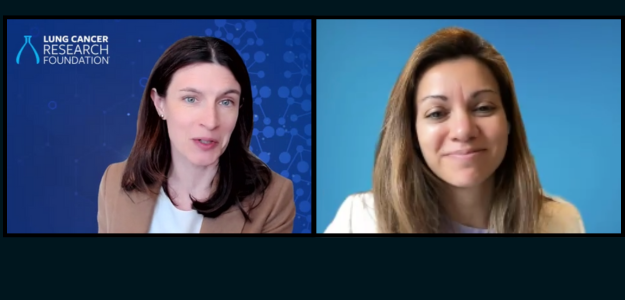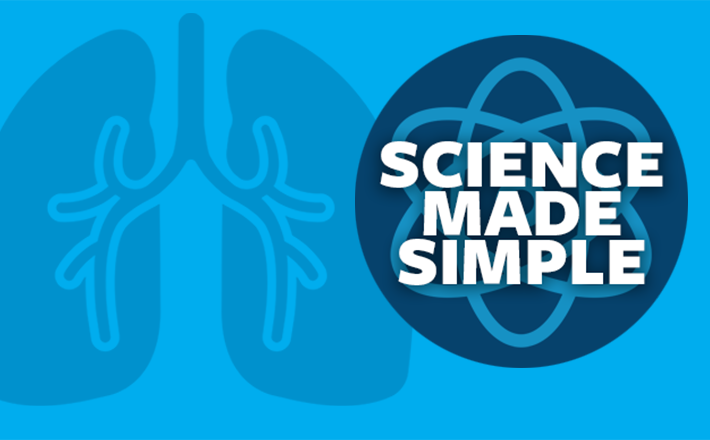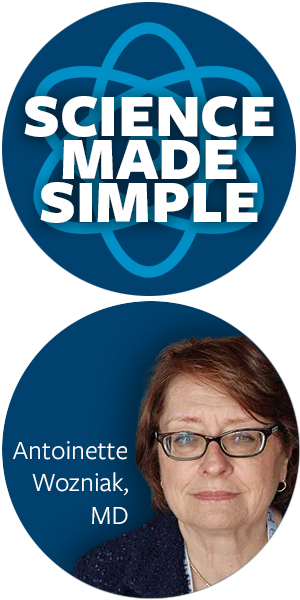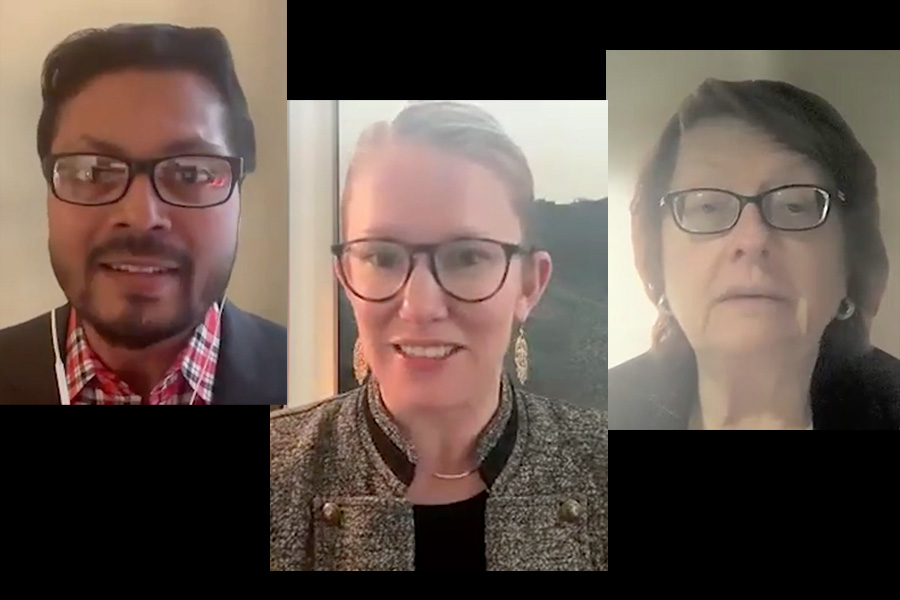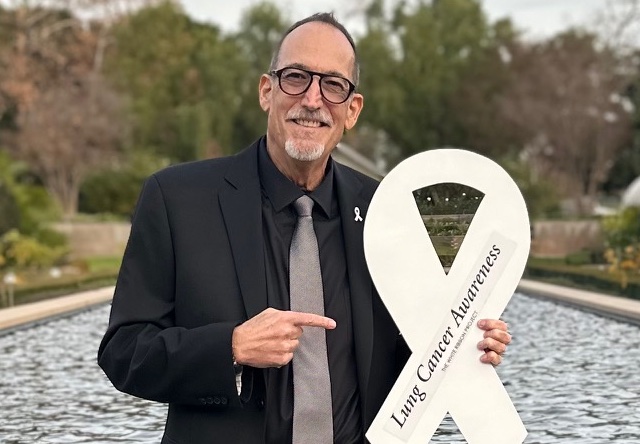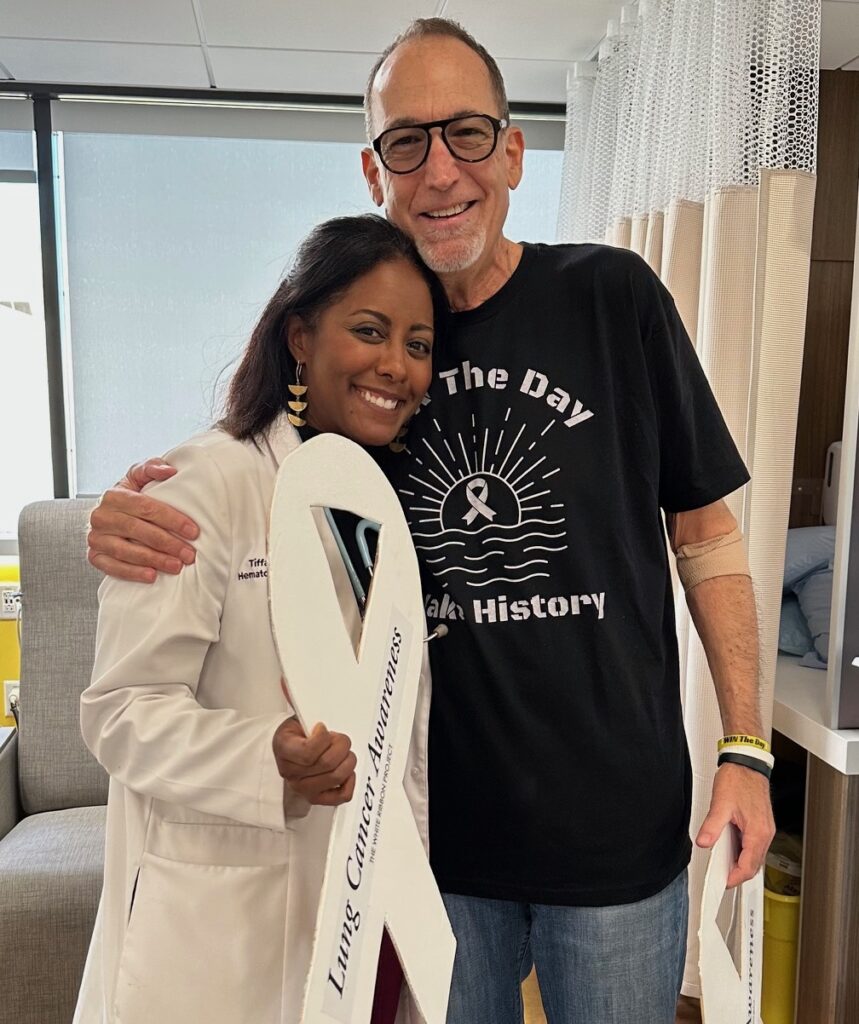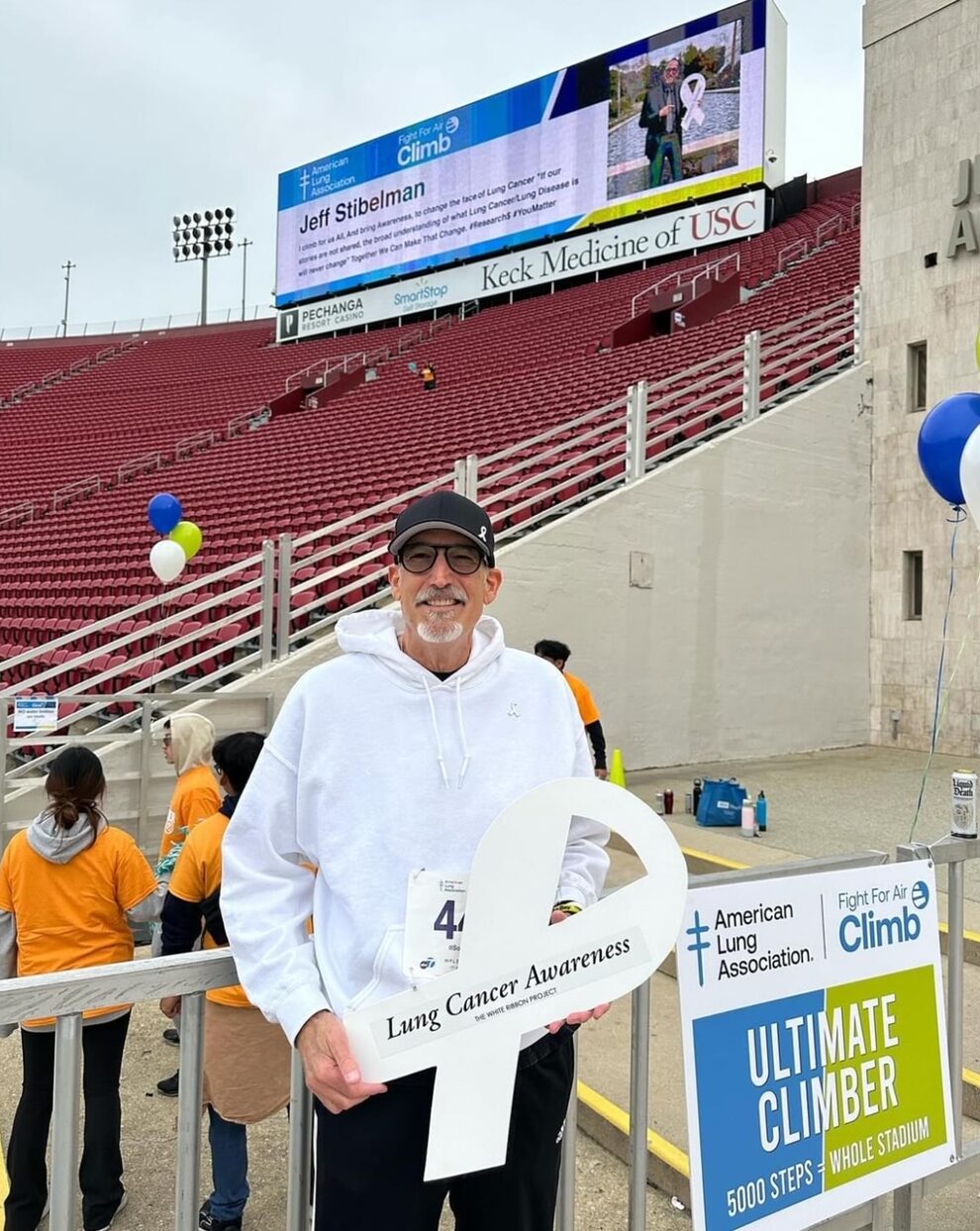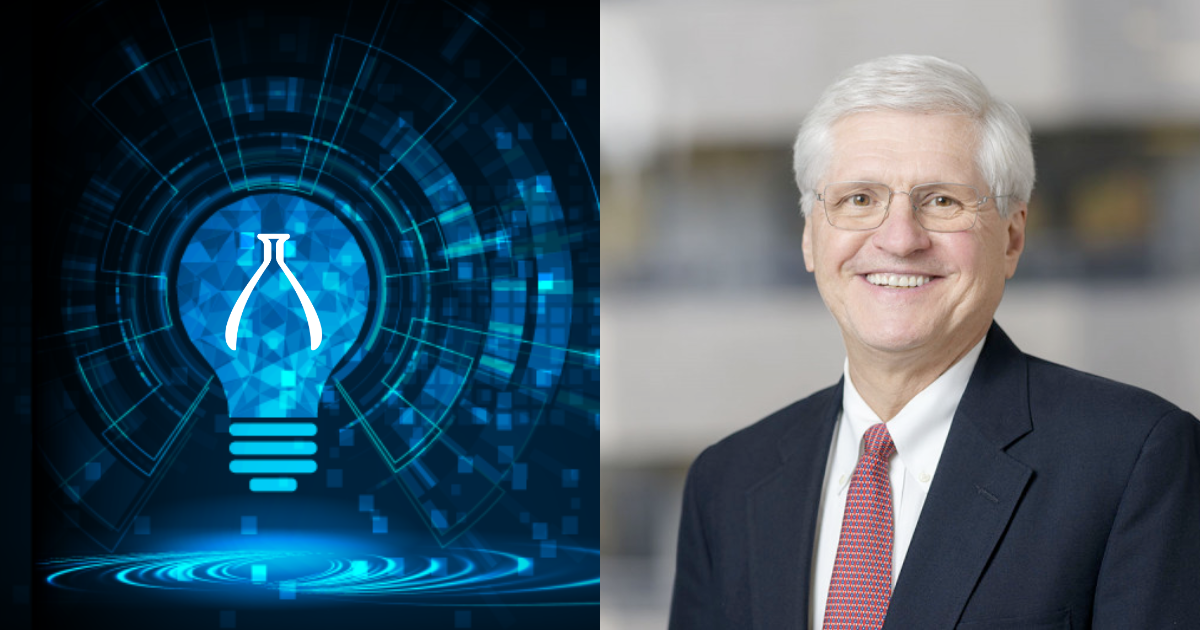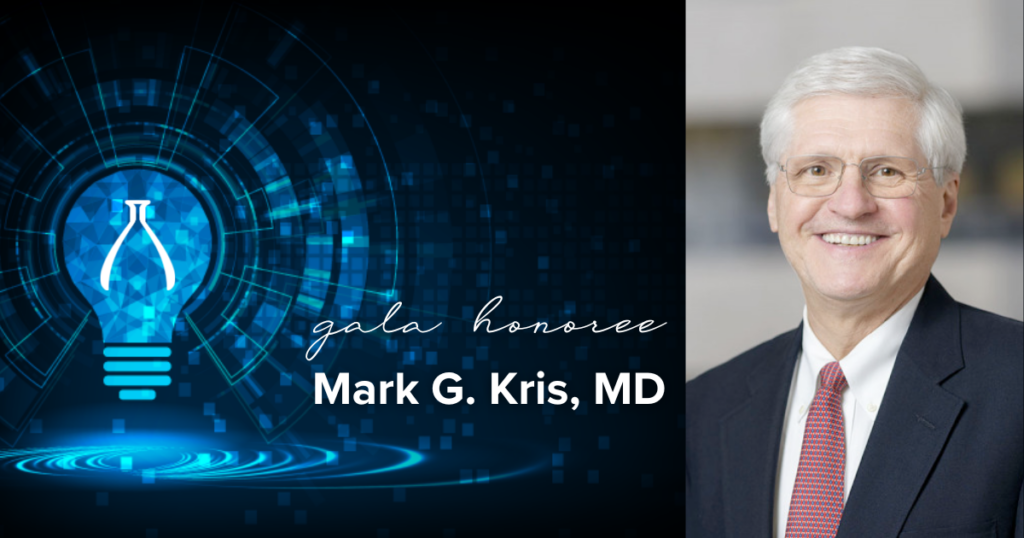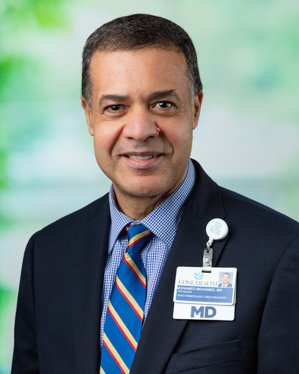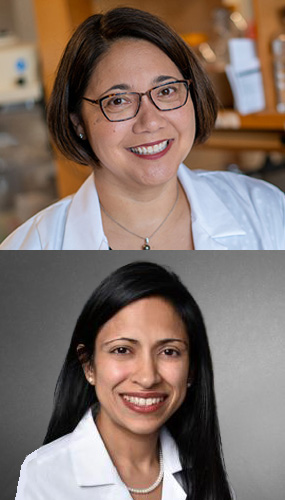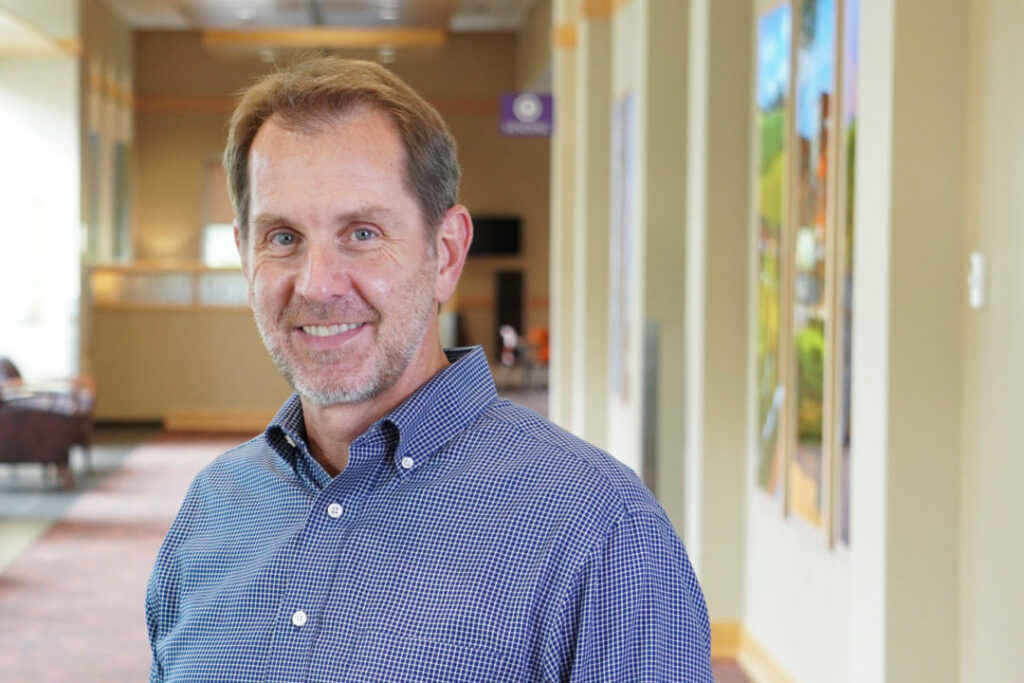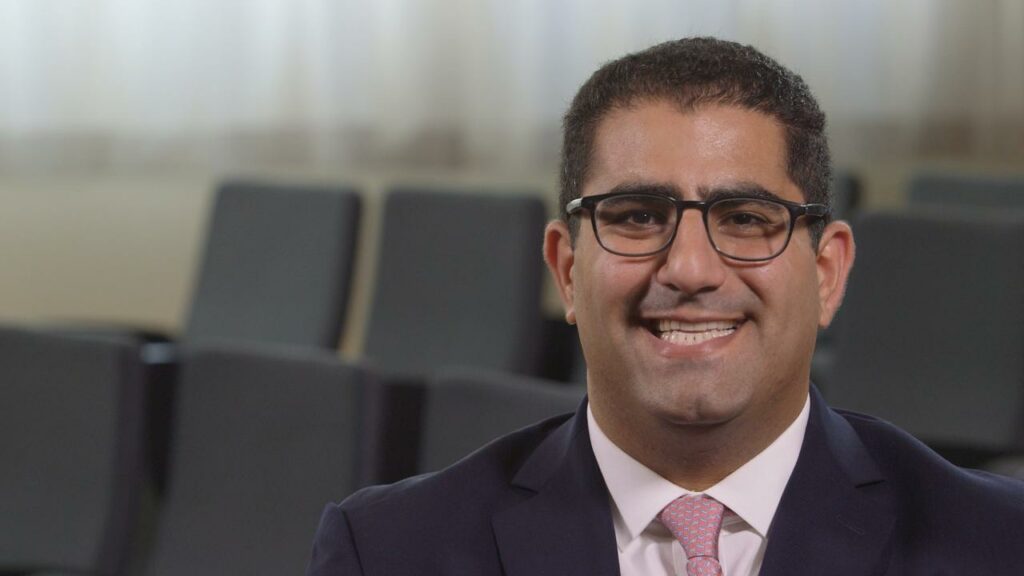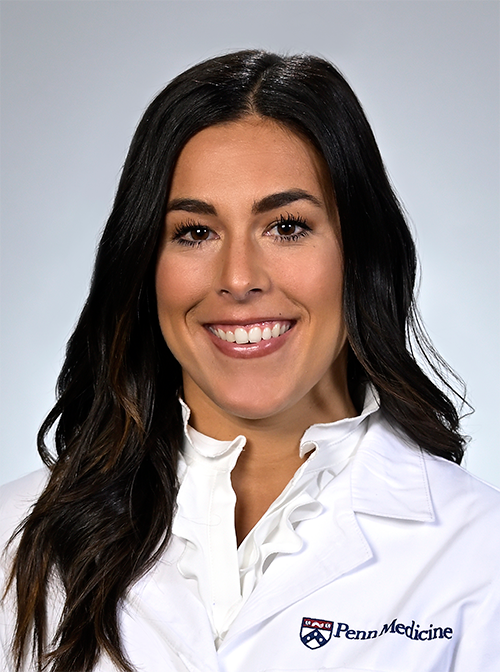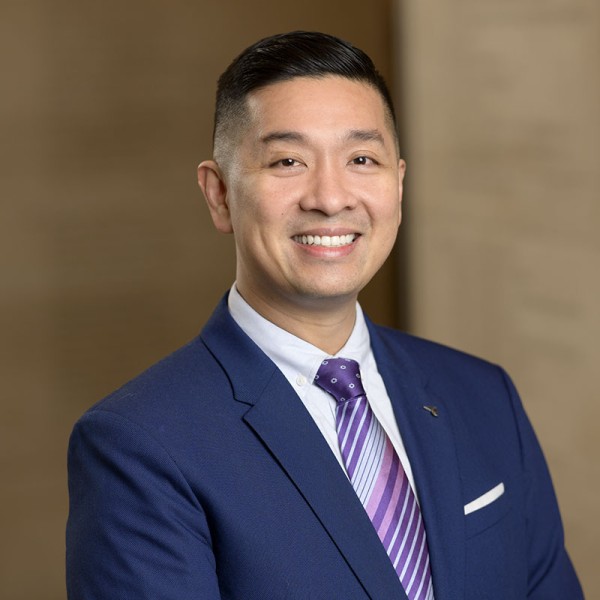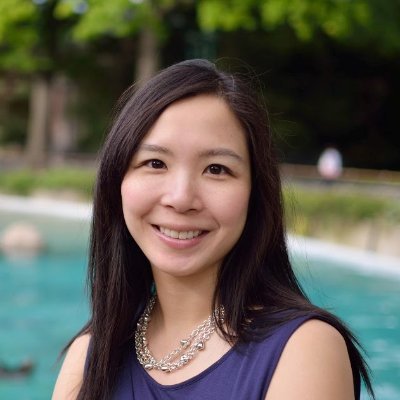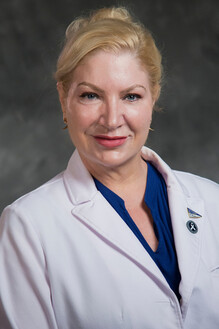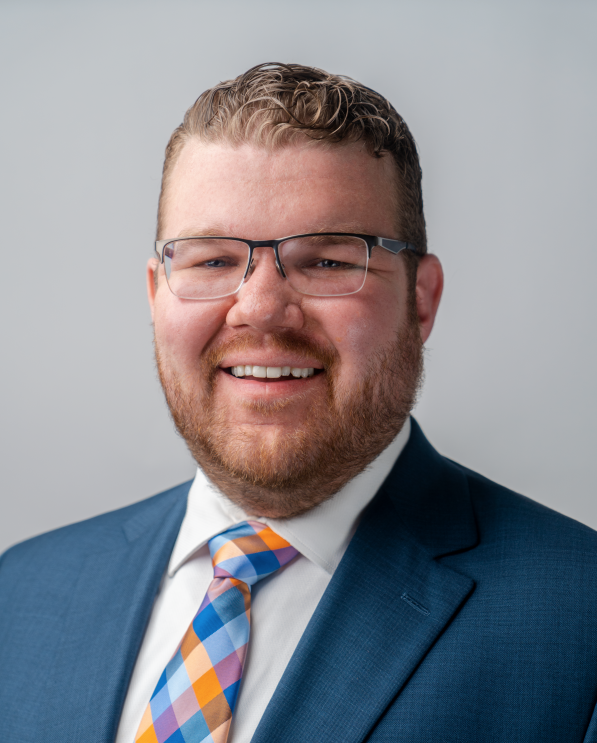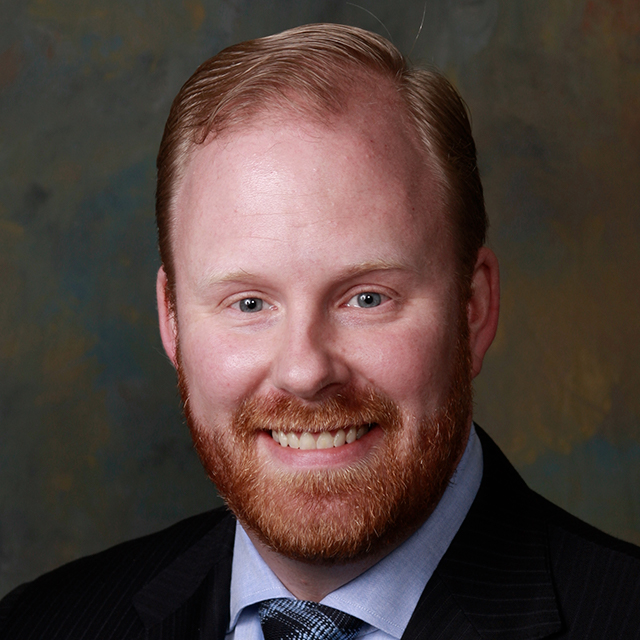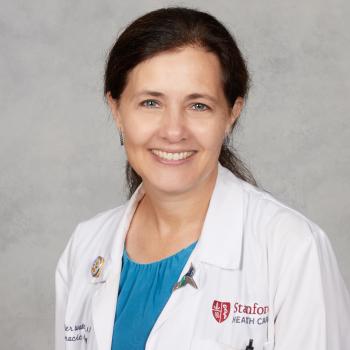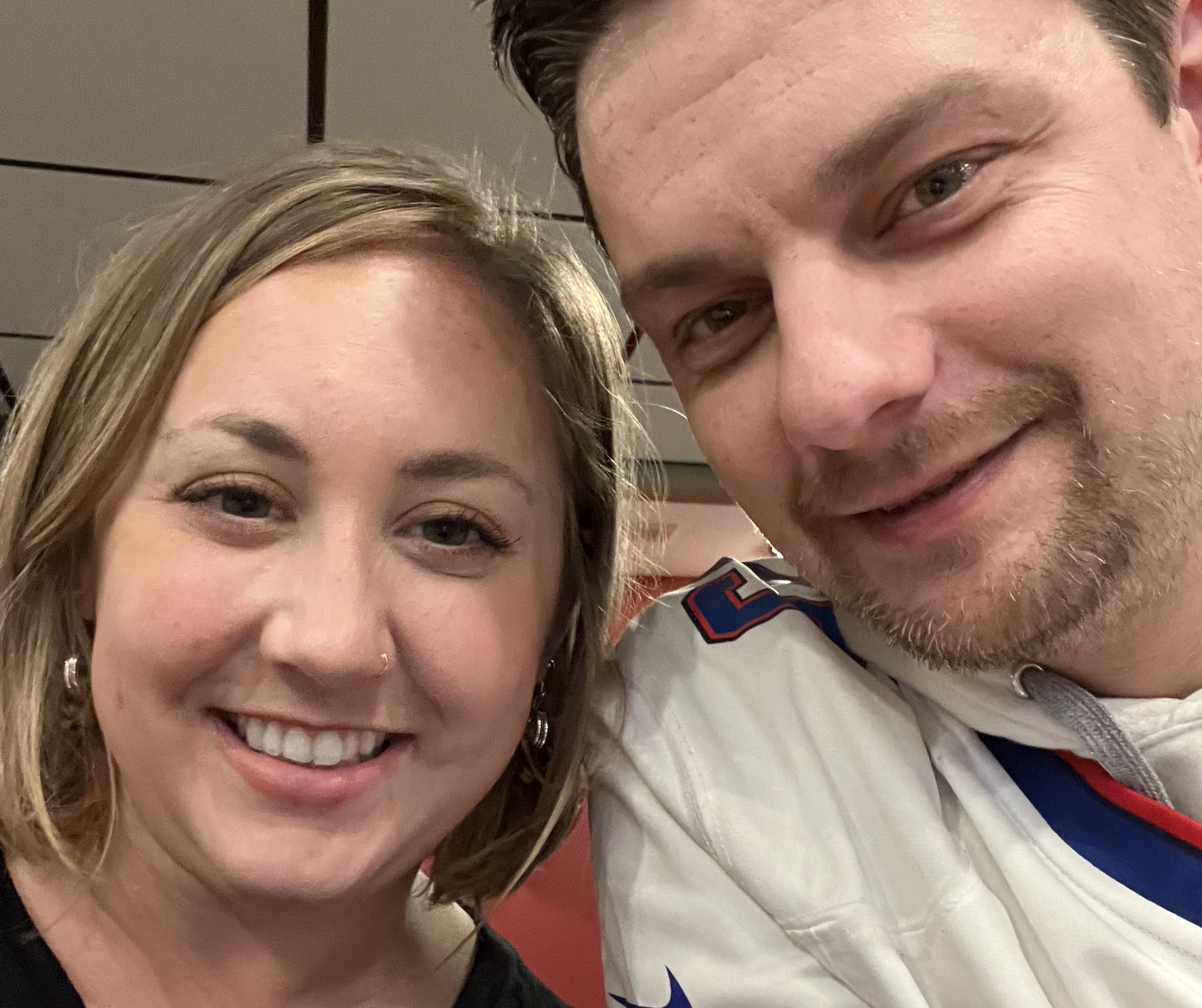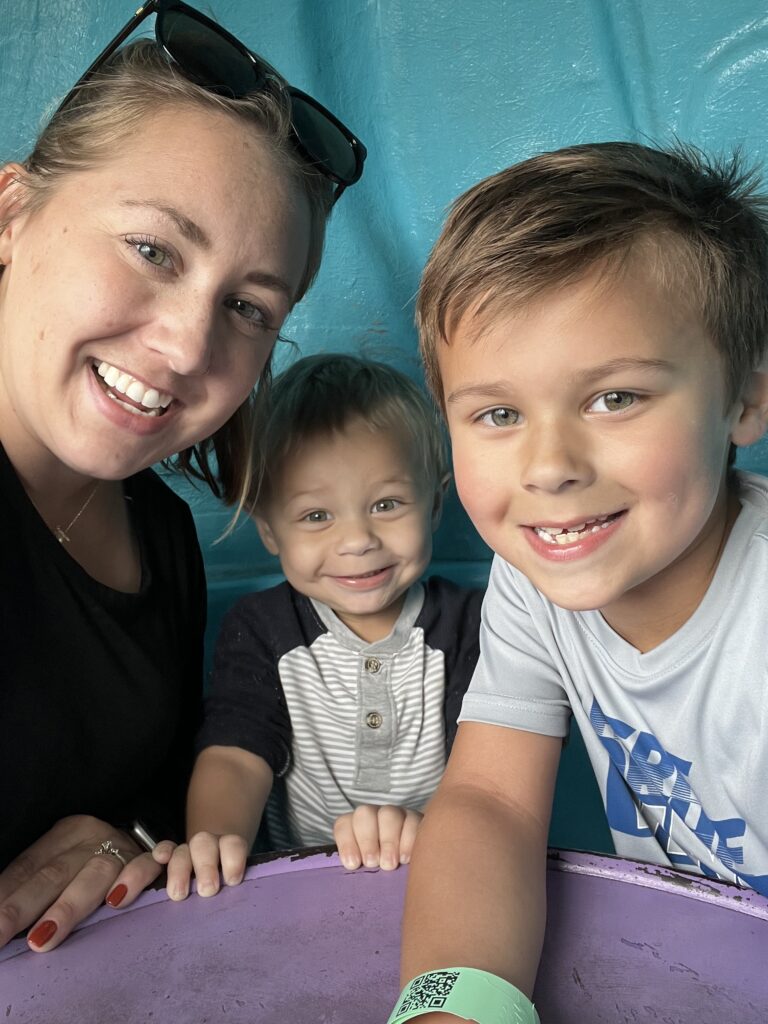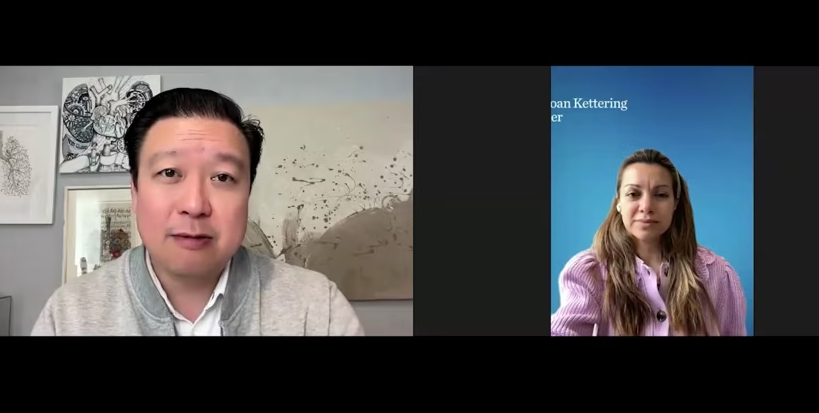abril 2024

Caroline, a nurse practitioner who lives in Louisiana, was more familiar with lung cancer than she cared to be. “About 15 years ago, my maternal aunt was diagnosed with stage 4 lung cancer – in her 40s – and died a year later. And she was a never smoker, very healthy,” she explained.
“We all thought, ‘okay, that’s random.’ Fast forward to 2021, my maternal grandmother was also diagnosed with stage 4 lung cancer. Another never smoker. Thankfully, my grandmother lives in Houston and got into MD Anderson. They mentioned the EGFR mutation, so she got tested and was positive. That led to my mom getting tested – she tested positive for the gene. Then I tested positive.”
Her mother, who lives in New Jersey, was treated at Memorial Sloan Kettering for stage 1 lung cancer. “I actually was pregnant at the time she had her surgery. After I had my baby, I had my first CT scan, which showed all the nodules.”
Fortunately, Caroline had already decided that if she needed treatment, she wanted to go to her mom’s thoracic surgeon. “I had surgery in octubre 2022, and I actually had a lot of complications. I had a chest tube for two months, and I had to go back to the operating room twice,” she said. “Even though I loved my team at MSK, I live in New Orleans. I’m going to need surveillance for the rest of my life, and it’s too far away.”
Caroline found a thoracic surgeon at MD Anderson, and is very happy with her new medical team. She undergoes screening every 6 months to monitor her remaining nodules.
A network of support
To cope with the uncertainty, “I surround myself with a strong network of family and friends,” she said. “I focus on the present by finding joy in small daily activities and cherishing any positive moments.” She is especially grateful for her husband, her two young boys, and her family and friends.
“My husband has always been by my side and able to advocate for me when I physically or mentally was unable to myself. I am also fortunate to have a large group of girlfriends from my hometown that are still my best friends. We get together often and talk daily through a group chat. I am impressed and blessed with how supportive they have been – visiting me while I was in the hospital, helping with my kids, and always there for advice or if I needed to vent.”
As a urologic oncology NP, Caroline is keenly interested in research developments. Dr. Geoff Oxnard, a thoracic medical oncologist in Boston, has developed techniques in cancer genomics and has a special interest in the EGFR T790m germline mutation. When Caroline found out she had the mutation, she decided to fly to Boston and meet with him.
“He’s the one who really inspired me to get involved. He told me that as a doctor, he can only do so much to raise awareness… it’s going to take a patient to share their story and get the word out.”
> Learn more about biomarker testing
> View the web series, Your Path Forward after a Lung Cancer Diagnosis

